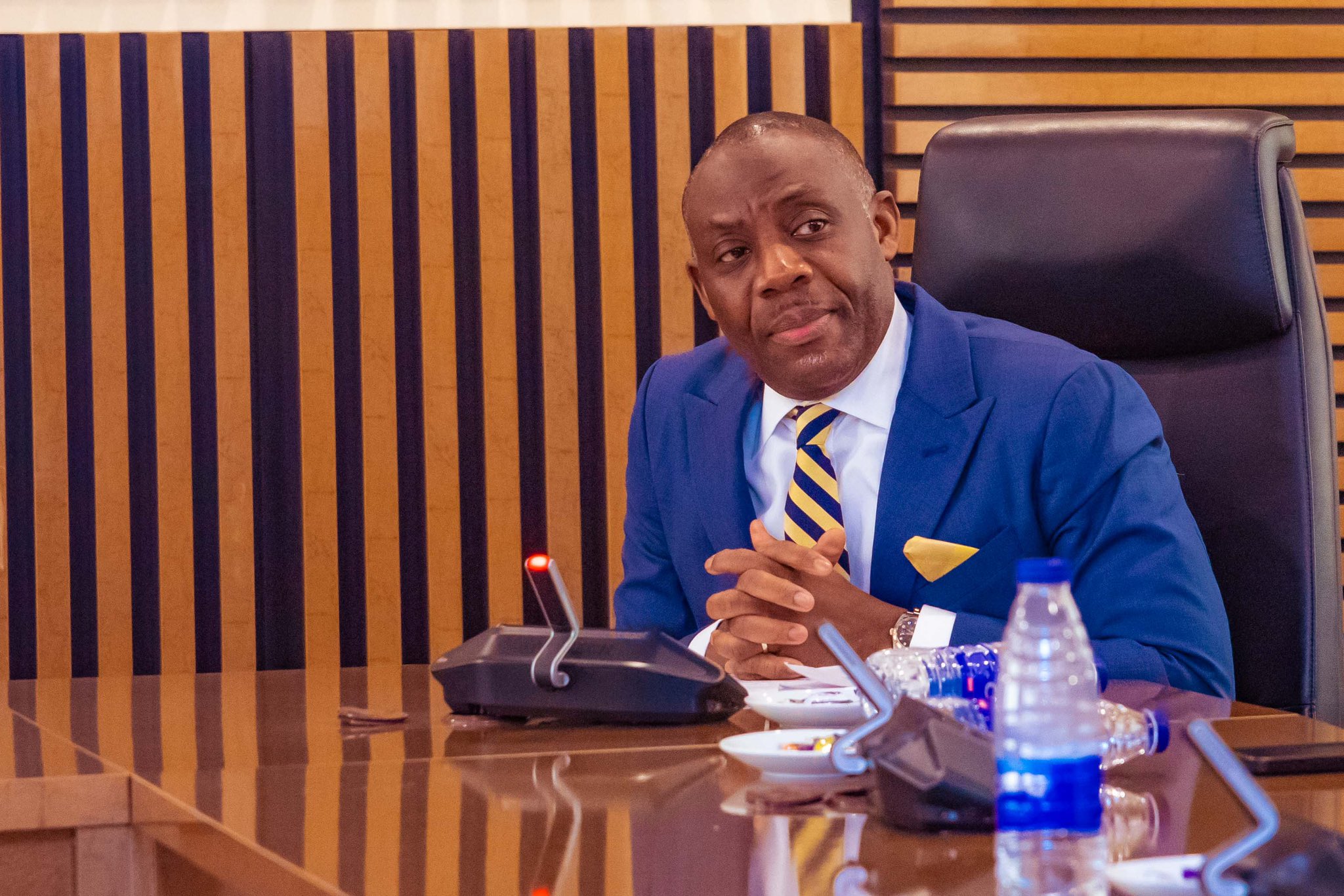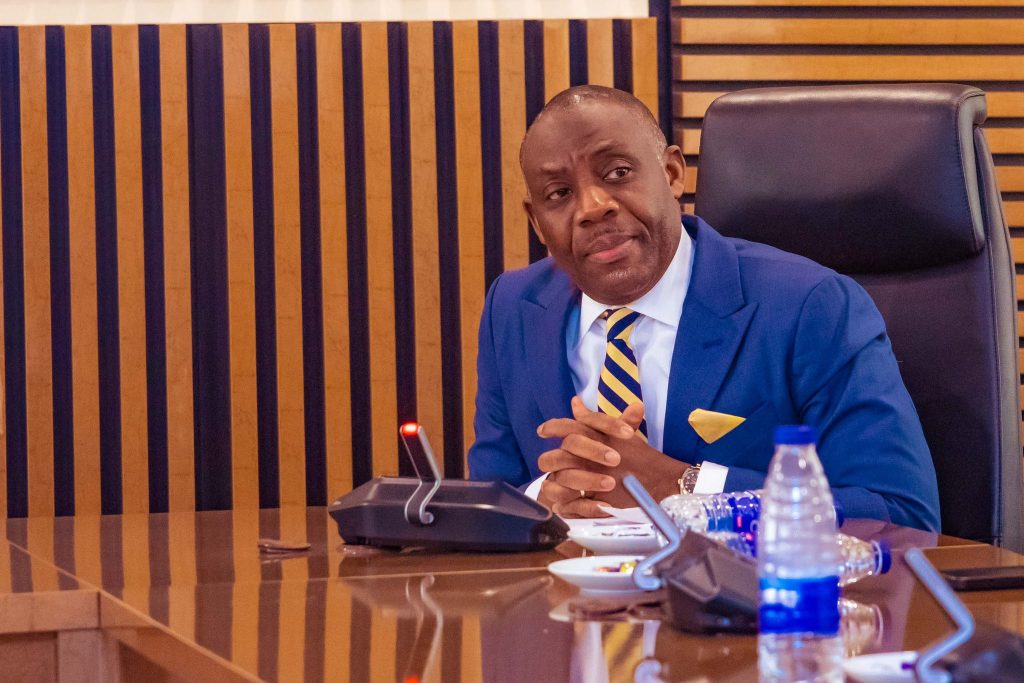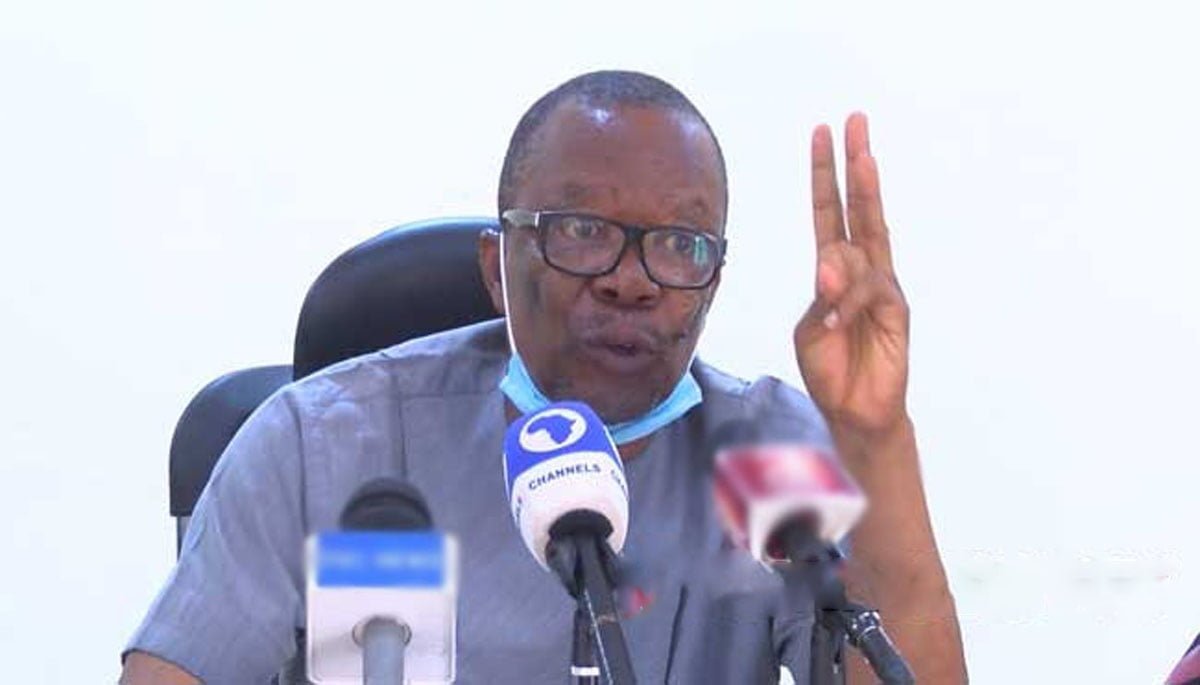FG to establish 8 medical simulation centres across Nigeria


The federal government has announced plans to establish eight advanced medical simulation centres nationwide to strengthen the training and education of medical professionals.
This announcement was made during the inauguration of a 19-member implementation and monitoring committee held in Abuja on Wednesday, as stated by the Minister of Education, Dr. Tunji Alausa, who said the committee will supervise the project.
Alausa pointed out that the preliminary report from the ad hoc committee showed that medical simulation facilities are nearly absent in Nigerian medical schools.
To resolve this shortcoming, Alausa tasked the committee with completing the proposal, ensuring alignment with the project’s goals, supervising its execution, and developing appropriate quality control systems and standard operational protocols.
He clarified that the responsibilities assigned to the committee include finalizing the plans for setting up the designated simulation centres and designing a structured strategy to implement them within the given timeline.
“The committee is also to ensure compliance with the goals and objectives of the simulation centres, and collaborate with selected institutions on their setup.
“Oversee and monitor the implementation of simulation centres across the country to ensure compliance with expectations and provide project management oversight of the simulation centres,” he said.
Alausa further stated that building these centres is a vital component of the government’s broader aim to position Nigeria as a leader in medical expertise.
He conveyed confidence that the centres will raise standards in medical training and also support growth within the healthcare system.
He also urged the committee to plan for the implementation of additional suggestions outlined in the earlier report on medical simulation.
The minister remarked that members of the committee were chosen with care, and that their appointment is “one initial appointment of a three-year term, enabled for another three-year term as needed.”
“So, they’ve carefully added additional members. We’re starting with eight simulation centres, which is quite good,” he noted.
He mentioned that the committee should work on ensuring long-term financial viability through social mobility initiatives, while also aligning efforts between teaching hospitals and medical schools.
He emphasised the need for the centres to become self-sustaining and instructed the committee to develop suitable strategies for this purpose.
Earlier in the event, the Executive Secretary of the Tertiary Education Trust Fund (TETFund), Sonny Echono, said medical simulation is a fundamental part of contemporary medical training, widely embraced in more developed nations for the education of both students and professionals.
“Our universities will greatly benefit from these interventions; they can use the simulation centres not only for training but also as hubs for innovation, developing and testing new medical devices, protocols and training models.
“This initiative will ultimately transform our institutions into living laboratories for healthcare advancement,” he said.
The Chairman of TETFund’s Board, Aminu Masari, also spoke at the event, expressing confidence that the committee, given its membership, will succeed in its assigned task.
Committee Chairman Prof. Wale Sulaiman gave his assurance that they will work with dedication to achieve the goal of establishing the simulation centres.
He stressed that working closely with all relevant parties will be key to reaching the committee’s aims.










